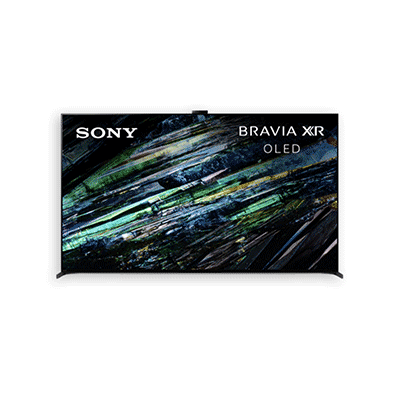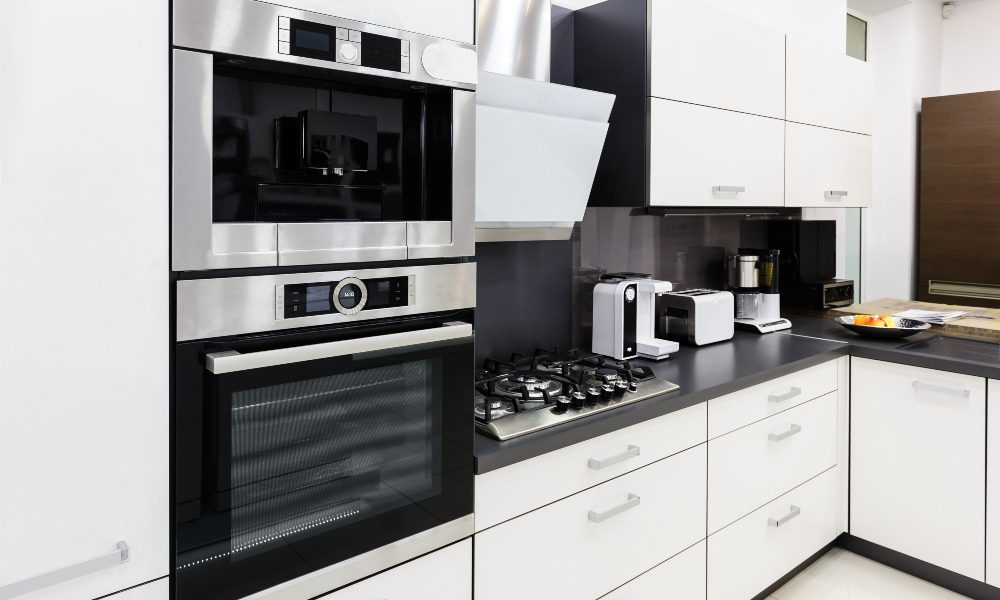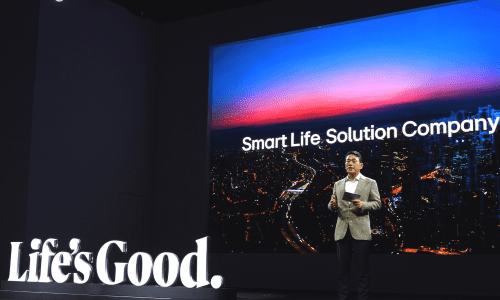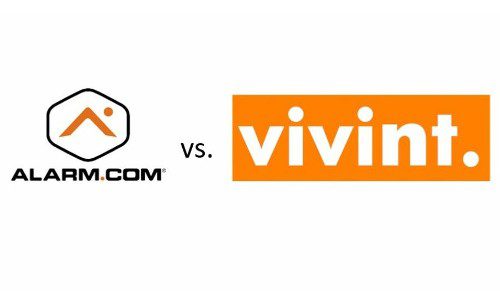Smart appliances are an admittedly odd category for integrators. They’ve often been siloed from the rest of the smart home, either being chained to proprietary ecosystems or simply existing as a standalone tied to an app. And it seems, according to a study by CivicScience that smart appliances exist in an equally odd space for consumers as well, with adoption rates being very low.
For clarity, I’m talking about appliances like, fridges, washers, dryers and microwaves, as opposed to something like a smart TV.
According to CivicScience, 36% of U.S. adults (adult being defined as over the age of 18) intend to buy a new appliance in the next 6-12 months. However, of that sample, 78% said that they are “Not at all likely” to purchase a smart appliance, and this is in spite of the fact that smart home adoption rates have only continued to grow over the years, with interest in the concept being at its highest. The CivicScience report cites cost and privacy concerns being the main hindering factor for smart appliance adoption, which, given the attention inflation and cybersecurity has received, we’re inclined to agree.
The other reason given in the survey is that adults primarily don’t find the accessibility and convenience offered by smart appliances to be all that valuable (82%). There is a slight change of opinion across generations, but not enough to have any appreciable meaning, according to the study.
Most consumers (74%) when shopping for a major appliance are instead focusing on the price tag. After that, many consumers (54%) tend to focus on what brand the appliance belongs to, followed by energy efficiency ratings (46%). Only 18% of consumers are focusing on an appliance’s smart capabilities.

The Future of Digital Lighting & Control
As a custom integrator, lighting is in demand. Effective communication, education and showcasing the value proposition of LED light fixtures in conjunction with integrative control systems are the keys to overcoming challenges and closing sales in this specialized market. Join us as we discuss the future of digital lighting and control with David Warfel from Light Can Help You and Patrick Laidlaw and Mark Moody from AiSPIRE. Register Now!The report notes that for brands, Samsung and LG sit at 61% and 56% favorability with the likelihood of purchasing a smart appliance from these brands being higher among their respective fans. This is also likely due to the fact that both brands recently committed to working together in making their smart appliance ecosystems way easier to use and connect to broader smart home systems.
Trust in Smart Home Appliance Still Lagging Amongst Consumers
Security is a hot button topic within the smart home industry, and it’s not just pros having that conversation. Consumers are just as aware of it and even the more trusting generations are still 50/50 on how much they trust smart appliance security. Gen Z, by far the most trusting of the bunch, with 20% placing their utmost faith in these devices, still have 45% saying they have zero trust in them.
It only gets worse from there. For people aged 35 – 54, a sizeable demographic for integrators, only 5% have “High-Trust” in smart appliance security with 72% having little to no trust in those products. The 55+ demographic is roughly the same, the only difference being a greater portion of the population having “Medium Trust” (29%). That being said, 66% still have no faith in smart appliance security.
While it highlights the importance consumers place on data security in the home, we have seen in the past that many consumers are simply willing to look past privacy issues if it means greater convenience. Instead, it seems like cost and security concerns are delivering a one-two punch to interest, especially among the younger smart home enthusiasts, where cost is a far more pressing concern nowadays.
Appliances in general have long been seen as big-ticket items that are often only replaced as needed, and until their value can be more cohesively linked to the smart home, it’s unlikely that buying pattern will change any time soon. The increased interest around smart appliances from LG and Samsung may very well be an indication as to how greater connectivity may shift that market.
The report ultimately concludes that while the younger generations have increased interest in smart appliances over older generations, it’s the older generations that have the capital to overcome cost concerns in those cases, leaving age to be the determining factor in how likely a person is to buy a major smart appliance currently.
A more detailed breakdown of the findings can be found on the CivicScience website.
If you enjoyed this article and want to receive more valuable industry content like this, click here to sign up for our digital newsletters!









